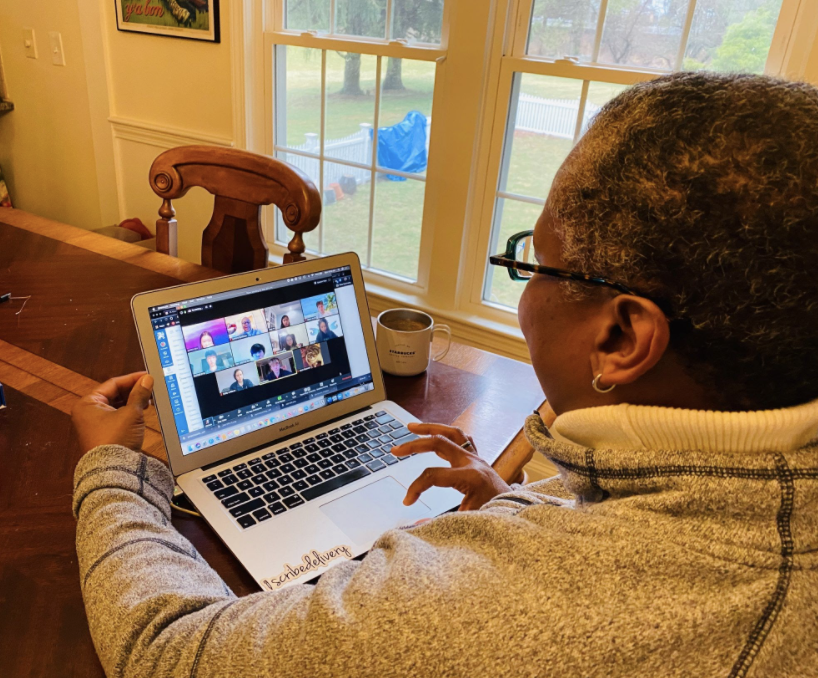By Diane Oh ‘24
The COVID-19 pandemic at St. Mark’s was a truly unique experience-an experience exclusive only to the year 2020-2021 and an experience that we would never want again. Despite the many drawbacks of online learning, students have managed to gain a positive experience even through times of hardship and isolation. This week, I interviewed students with both remote and on-campus learning experiences and asked them about the positives of online learning. Here are the few positives of the otherwise difficult online experience:
Social Circles- Friends and Family
Online learning increased the difficulties of maintaining a social life. With the only means of communication limited to the class laptop screen, it is obvious that many people would be very frustrated about the fact that they could not socialize. However, with frustration comes a solution. Throughout the COVID-19 pandemic, families became more tightly knit together as they found themselves keeping company with one another. With enhanced family connection came gratitude and appreciation for what many people, in previous years, took for granted.
Furthermore, new online platforms started to emerge, establishing new ways of socializing. Many remote students all year round gradually became friends with one another, as they shared a common enemy - online school. Although online learning was not the best experience for many people, it connected people who would normally never have interacted with each other in a normal school year.
2. Academics
With international students from all over the world, St. Mark’s students and faculty members both had a tough time with academics. The time zones were different; the fact that everything had to be turned in and taught online was a pain in the back. One of the remote students last year, Coco Chen’24, had the whole painful experience of living in a reversed time zone from Boston’s time zone. However, despite this fact, she still had some positives to say about online learning. “There’s just more free time than a normal academic day. I could control my academic workload with much more flexibility”.
Students developed Time management and independence as teachers had a more indirect influence on remote students than in-person students. Furthermore, students had to chase their teachers through email to ask questions as they did not meet each other daily. Many students I interviewed said that they became much more patient and determined in their attitudes toward academic work than before.
3. Mindfulness
There is a significant advantage to online learning, especially if you struggled with the dress code at St. Mark’s. Throughout the pandemic, students have numerously reported that they had significantly less stress about appearance- whether it may be deciding what to wear or thinking about how you would be portrayed to other people. Amber Lee’24 described her online experience as “stress-free.” “I had no distractions. I could wear whatever I wanted and focus more on academics and the things I liked”.
The pandemic was also a great time to discover new hobbies and devote energy to exploring what people liked. Because there were no school drama or distractions, people could focus more on what they wanted and shift their attention to the things they needed the most. In that sense, I think online learning was a period in which people opened up to opportunities and explored themselves in a way they never had before.
Going into the fourth week of school, St. Mark’s has undergone many changes in the span of just a few years. On an ending note, I think we should all be thankful for the situation we are in right now. Whether school may be online or on-campus, the moment we live in right now may be one of the most cherished moments when we look back at our lives. Although challenging, let’s all take a moment of appreciation and start our St. Mark’s school year strong.



